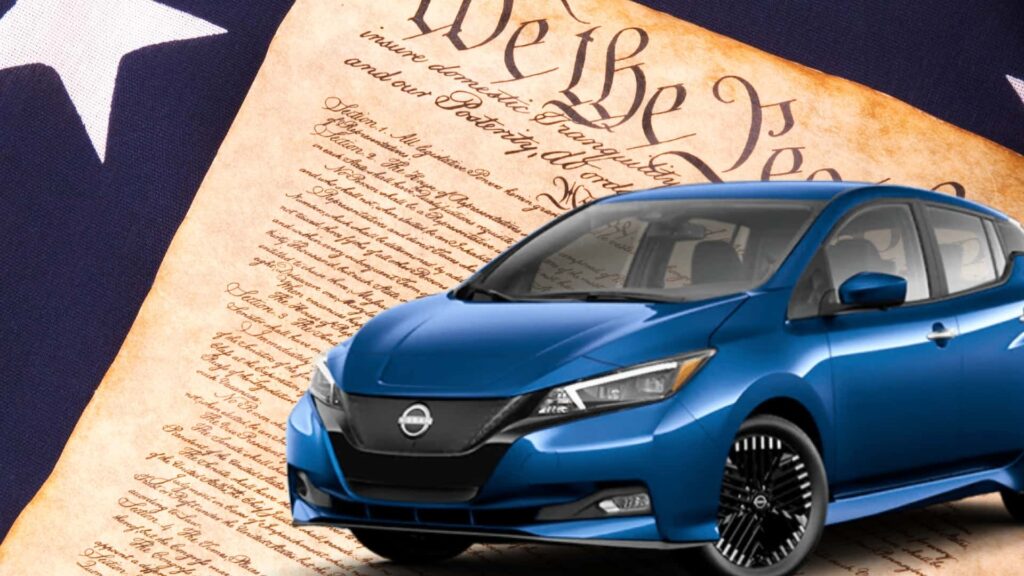The Trump administration’s budget reconciliation bill proposes a new solution to fund road repairs and ambitious tax cuts by introducing a $250 annual registration fee for electric vehicles (EVs) and $100 for hybrids. This move is part of the administration’s agenda to dismantle Biden-era climate policies, which includes eliminating the federal EV tax credit and overturning California’s emissions standards.
However, imposing a specific tax on EVs has raised concerns among experts and lawmakers. The retroactive nature of the fee, charging owners simply for owning an EV, regardless of usage, is unprecedented and could disproportionately affect those who drive less. Critics argue that while EV owners should contribute to road repairs, the flat fee proposed is disproportionately high and could harm households living paycheck-to-paycheck.
The proposal comes at a time when the federal gas tax has remained stagnant for over 30 years, highlighting the need for a comprehensive solution to address the Highway Trust Fund’s financial challenges. Punishing EV owners with additional fees may not address the root issue and sends the wrong message about the benefits of EVs for both consumers and the environment.
Despite the pushback, some lawmakers are advocating for even higher fees for EV owners. Republican Sen. Bernie Moreno has proposed doubling the EV fee to $500, further exacerbating concerns about the impact on consumers who are seeking to save money.
Moreover, most states already impose annual fees on EV owners, making the federal surcharge even more burdensome for electric drivers. These fees, coupled with the proposed federal tax, could deter consumers from adopting EVs and undermine efforts to transition towards cleaner transportation options.
In conclusion, while the proposal aims to address road funding shortfalls, it may not be the most effective or equitable solution. Instead, policymakers should focus on comprehensive measures to ensure sustainable funding for infrastructure improvements while promoting the adoption of electric vehicles for a cleaner and more sustainable future.

